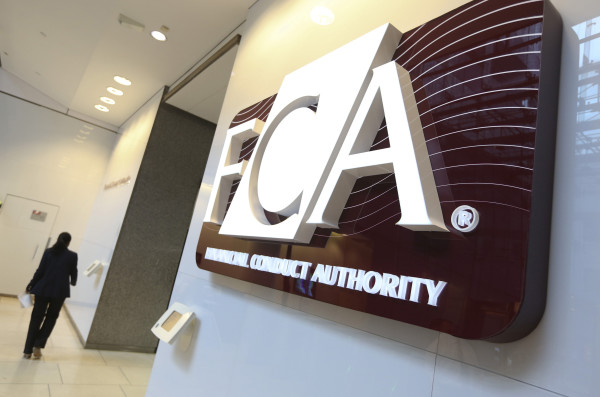

Providers that are offering non-advised drawdown will have to create an independent governance committee, in charge of ensuring that investment pathways offer value for money.
This means providers that currently don’t have these committees in place will have to create them, or stop taking non-advised customers.
According to analysis from the Financial Conduct Authority, there are currently seven companies in this situation, which face an estimated cost of £200,000-£400,000 per firm.
The new requirements were laid out in the FCA's 59-page long consultation paper Independent Governance Committees: extension of remit published today (April 15).
The committees currently provide independent oversight of workplace personal pensions in accumulation. But besides having to report on their firms' policies on environmental, social and governance issues, consumer concerns and stewardship, in future IGCs will also be expected to oversee the value for money of investment pathway solutions for pension drawdown.
As part of its Retirement Outcomes Review, the FCA proposed in January that pension providers offer their non-advised customers a choice of investment pathways to meet their retirement objectives.
This was after it found many consumers were solely focused on taking tax-free cash from their pensions and were "insufficiently engaged" with deciding how to invest funds that moved into drawdown.
If the new rules are introduced, the IGCs will be asked to weigh up the quality of the pathway and associated services against the costs and charges paid by the consumer, the FCA stated.
The FCA noted that some firms, such as self-invested personal pension providers, may choose not to offer pathways solutions, since these will only be necessary for non-advised customers.
These providers won’t be required to have an IGC, it stated.
Another caveat has been made for providers with fewer than 500 non-advised consumers entering drawdown per year, which won’t need to provide their own pathway solutions.
They may refer these clients to another firm’s pathway solutions (so the consumer becomes a customer of that other firm), or to the drawdown comparison tool that will be operated by the new guidance service, the Money and Pensions Service. These firms also will not be required to have an IGC, the FCA stated.
Providers which currently don’t have an IGC can also opt for setting a governance advisory arrangement, under which a third party establishes a committee to represent the interests of policyholders in the firm's relevant schemes.
As the third party may provide governance advisory arrangements for multiple firms at once, and there is less work involved per firm, the cost is much lower than the cost of an IGC, the FCA stated.
The regulator has estimated that between 30 and 51 smaller firms may need to establish such an arrangement, which will have a minimal one-off set up cost.
The watchdog is also proposing that these committees start working on the investment pathways before these are offered to consumers.
This means IGCs must be in place in time to think about the initial designs. The FCA stated that it plans to apply the requirement for firms to offer investment pathways 12 months after it publishes its final rules on this matter, tabled for the end of July 2019.
"We will confirm in our policy statement following this consultation when a firm that has decided to offer pathway solutions must have an IGC in place," it stated.
Steven Cameron, pensions director at Aegon, said: "IGCs have been very effective in providing independent scrutiny of value for money for workplace pension members and the FCA clearly agrees.
"There are parallels between workplace pension members who are often auto-enrolled and make no investment decision, and those non-advised customers who use drawdown investment pathways in future.
"The key challenge will be where to draw the dividing line between what’s good value for groups of customers and what might be best for any individual.
"Investment pathways should help put non-advised customers into better funds for their broad needs. But arriving at what’s best based on individual circumstances, risk profile and intended income needs advice and is not something IGCs can or should be seeking to assess against."
maria.espadinha@ft.com



